When Apple announced it was cutting MLS Season Pass prices to as low as $25 for the remainder of the 2025 season, it might have seemed like a simple end-of-season discount. But here's the thing—this move reveals something much bigger about Apple's long-term streaming strategy and how tech giants are fundamentally reshaping the sports entertainment landscape.
The 2025 season begins Saturday, February 22, marking the third year of an unprecedented 10-year partnership between Apple and Major League Soccer. Three years into this massive experiment, we're seeing Apple make some fascinating adjustments that tell us exactly why year three represents a critical inflection point—industry research shows that streaming platforms typically need this long to prove whether their content strategies can achieve sustainable audience growth and justify massive rights investments.
Why Apple's dramatic price cut signals a broader streaming strategy
This isn't just about soccer—it's about Apple testing the waters for premium sports streaming economics that could reshape how tech companies approach sports content acquisition. The company has dropped the price of MLS Season Pass by 30% for the remainder of the 2025 season, bringing it down to $69 for new subscribers and just $59 for Apple TV+ subscribers. What makes this pricing psychology particularly revealing is how it contrasts with the industry's prevailing approach to premium sports content.
The competitive landscape tells a fascinating story about different platform strategies. While Netflix paid $150 million for rights to Christmas Day NFL games until 2026 and Prime Video's Thursday Night Football averaged 13.2 million viewers this past season, Apple is taking a completely different approach. Instead of chasing the biggest, most expensive properties with premium pricing, they're focusing on making their existing exclusive content accessible enough to build sustainable, engaged audiences.
The reality check comes when you examine the viewership economics that drive these strategic decisions. Smaller events like MLS games on Apple TV+ attracted just 69,000 viewers compared to mainstream offerings. These numbers reveal why Apple's pricing experiment makes strategic sense—they're essentially testing whether affordable access can convert casual interest into dedicated viewership, creating a foundation for scaling this approach across other sports properties.
What's particularly sophisticated about Apple's strategy is how it directly addresses the fundamental economic problem plaguing sports streaming. High subscription costs are believed to encourage illegal streaming, with nearly two-thirds of French football fans citing high prices as a factor, while piracy of sports streaming remains widespread, with a global industry loss estimated at $28 billion annually. Apple's aggressive pricing effectively creates a competitive moat against piracy while testing subscriber acquisition costs that other streaming giants should probably study closely.
What this means for the future of sports streaming accessibility
The broader implications extend far beyond MLS viewership numbers—Apple is essentially pioneering a comprehensive ecosystem approach that could redefine how streaming sports reach consumers. Rather than just dropping prices, they're systematically eliminating friction points across the entire viewing experience. The company has significantly expanded distribution partnerships, with T-Mobile giving qualified customers complimentary access to MLS Season Pass all season long and Apple partnering with Comcast to offer Xfinity customers an integrated viewing experience.
What makes these partnerships strategically brilliant is their technical integration depth. Customers will be able to sign up for MLS Season Pass directly through Xfinity, and every live match will be seamlessly incorporated throughout the viewing experience. This kind of native platform integration suggests Apple has learned something crucial about overcoming the ecosystem lock-in problem that typically limits streaming sports adoption—they're making their content accessible within existing viewer workflows rather than forcing platform migration.
The distribution strategy becomes even more comprehensive when you consider that new for the 2025 season, DIRECTV residential customers can subscribe to MLS Season Pass through DIRECTV, with matches available to watch live in the DIRECTV satellite guide on channels 480 through 495. This hybrid approach—combining streaming innovation with traditional broadcast accessibility—demonstrates how Apple is building network effects across different audience segments while testing which integration approaches drive the highest subscriber lifetime value.
The underlying message is profound: Apple is essentially saying, "We don't care if you watch through Apple TV, Xfinity, or DIRECTV—we just want you to watch." That represents a significant strategic shift from typical tech company approaches that prioritize ecosystem capture over content accessibility, suggesting they're optimizing for total addressable audience rather than platform exclusivity.
How enhanced production values justify the investment
Despite the aggressive pricing, Apple isn't just maintaining production quality—they're doubling down on premium presentation in ways that create clear differentiation from traditional broadcast approaches. Sunday Night Soccer will include dedicated pre- and postgame shows, enhanced production and studio programming, and bespoke graphics in English and Spanish, with leading MLS Season Pass broadcasters Jake Zivin, Taylor Twellman, and Andrew Wiebe on the call for English broadcasts.
The timing of their production investment reveals sophisticated strategic thinking. The inaugural Sunday Night Soccer matchup—San Diego FC making its debut against reigning MLS Cup champions LA Galaxy on February 23—provides the perfect showcase for demonstrating how premium production values can elevate sports content regardless of underlying audience scale. This mirrors successful approaches like NBCUniversal's Paris Olympics coverage included new AI tools like Peacock Discovery Multiview to enhance viewer experience, but Apple's applying these production innovations to build a sustainable model for smaller sports properties.
What's particularly smart about Apple's production investment is how it creates supplementary content that extends engagement beyond live games. The company produced Apple and Major League Soccer produced the eight-part panoramic documentary event Onside: Major League Soccer to celebrate the start of the 2025 season, with the first episode available for free to all MLS Season Pass subscribers from February 21 to March 3. This comprehensive entertainment ecosystem approach suggests Apple understands that modern sports streaming success requires building community and narrative around the sport, not just broadcasting games—essentially testing whether production quality can drive subscriber retention even when pricing removes cost as a barrier to entry.
Where do we go from here?
Apple's MLS Season Pass pricing strategy represents what could be the beginning of a fundamental shift toward sustainable sports streaming economics. While the evolution follows the second season of the league's 10-year, $2.5 billion media partnership with Apple, the real test lies in whether this comprehensive approach—combining aggressive pricing, broad distribution, and premium production—can create a replicable model for other sports properties.
The honest assessment from league leadership suggests they're serious about making necessary strategic adjustments. Commissioner Don Garber acknowledged that MLS and Apple need to reach more casual fans and non-subscribers to continue growing the league's fan base, even admitting they have a "communication problem" when it comes to making people aware of free games available on Season Pass. This transparency indicates they're using MLS as a testing ground for solving the fundamental challenge of converting sports interest into streaming engagement.
The broader implications for the streaming landscape extend far beyond soccer. With streaming platforms' competition for splashy sports rights transforming not only viewing habits but the sports ecosystem itself, Apple's willingness to prioritize comprehensive audience building over immediate revenue extraction could establish new industry benchmarks for how tech companies approach sports content ROI.
Bottom line: Apple is conducting a massive, real-world experiment in sustainable sports streaming economics. They're testing whether the combination of accessible pricing, friction-free distribution, and premium production can create a viable alternative to traditional sports broadcasting economics. If Apple can prove this model works with MLS—demonstrating that lower barriers to entry actually increase total subscriber lifetime value—you can expect them to apply these same principles to bigger sports properties down the line.
The success or failure of this experiment will likely influence pricing strategies across the entire streaming landscape, making every subscriber and viewer metric a data point toward proving that premium sports entertainment doesn't have to exist behind prohibitively expensive paywalls. For sports fans, that could mean a future where following your favorite teams doesn't require choosing between multiple expensive subscriptions—which, frankly, sounds like a pretty compelling outcome for everyone except traditional broadcast executives.





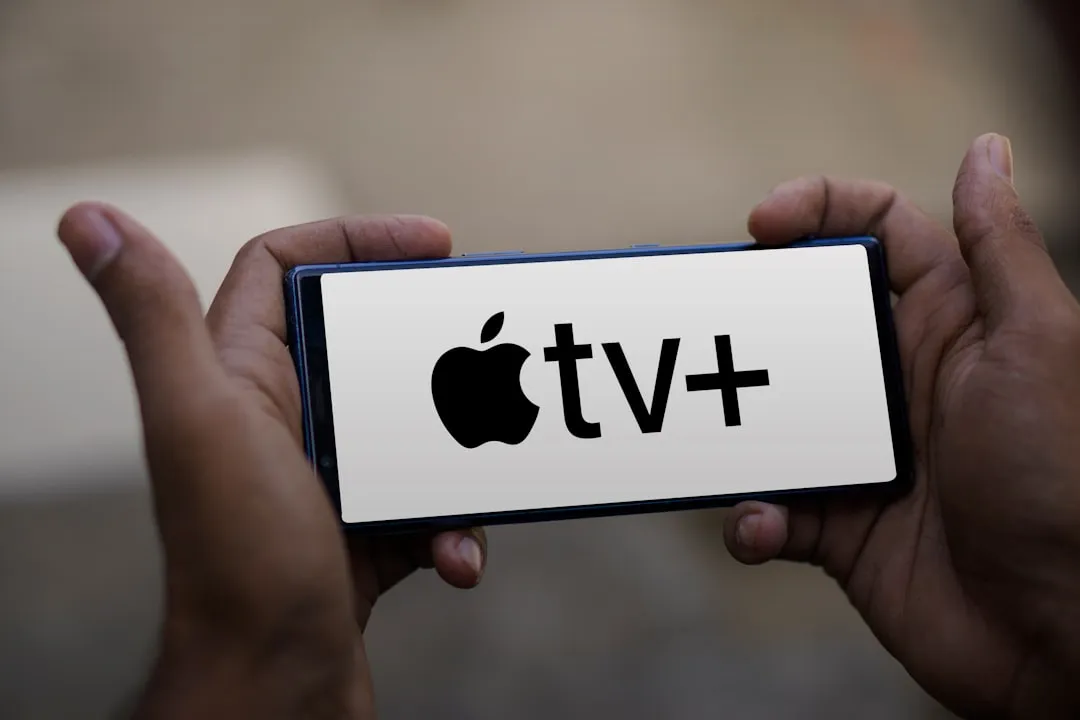

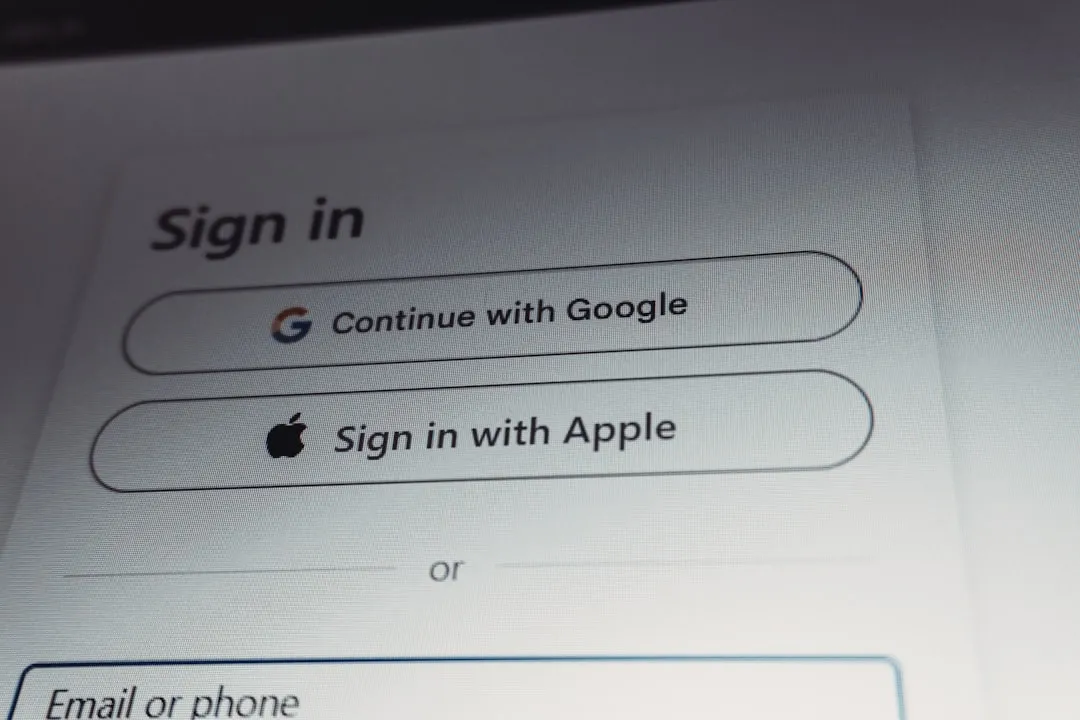
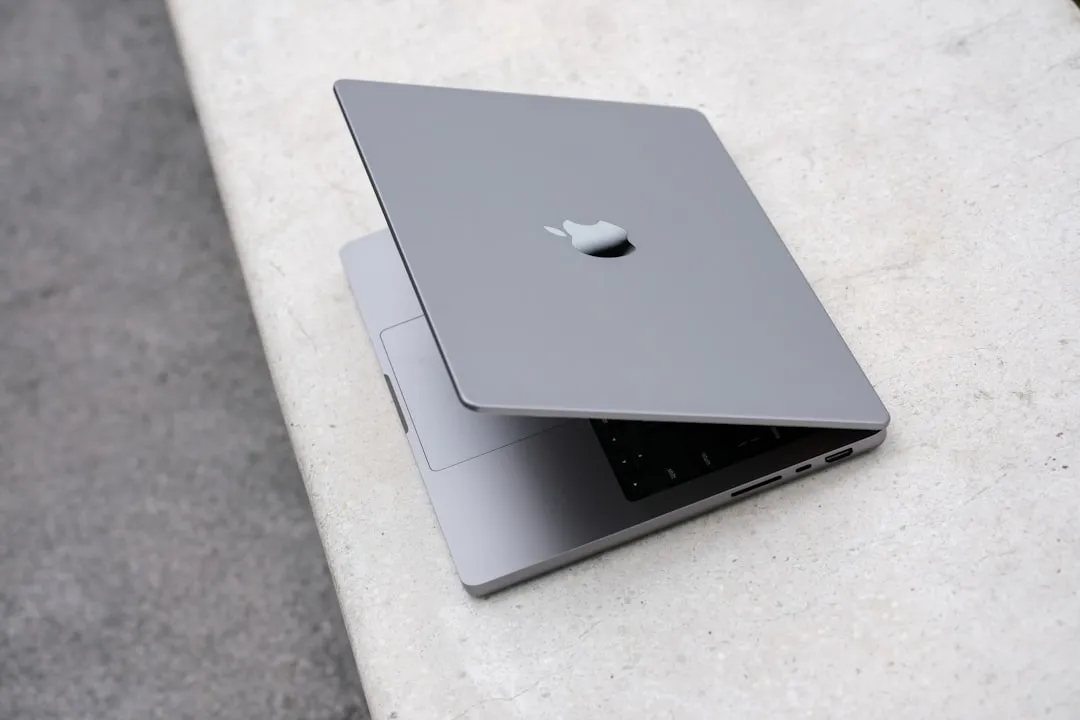




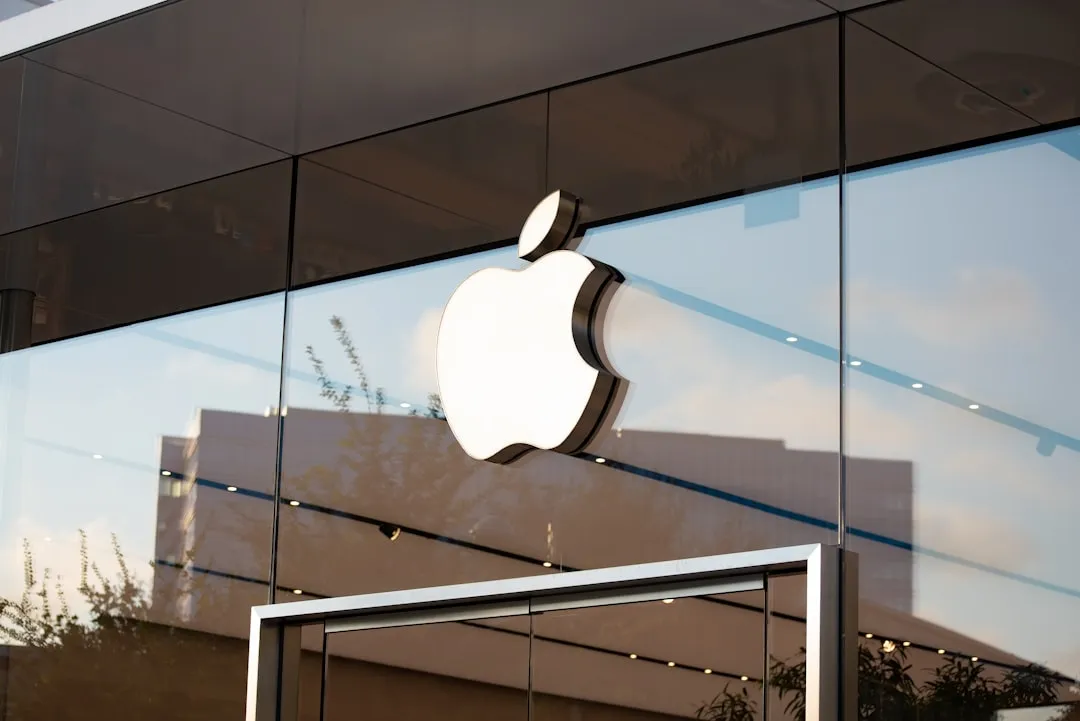

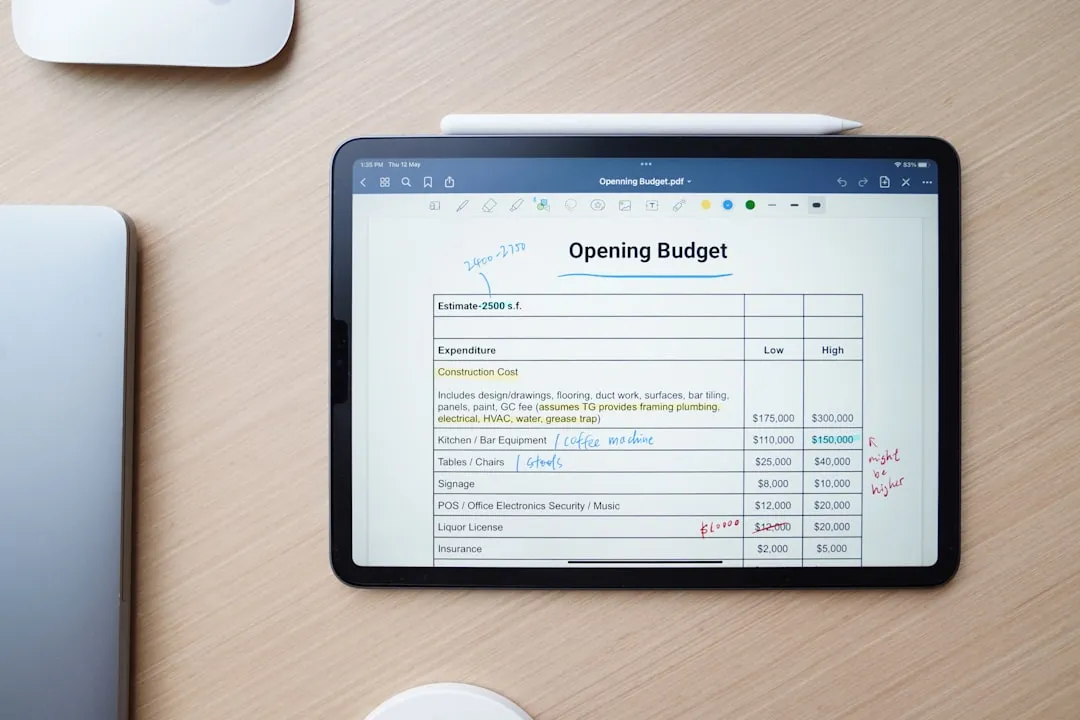

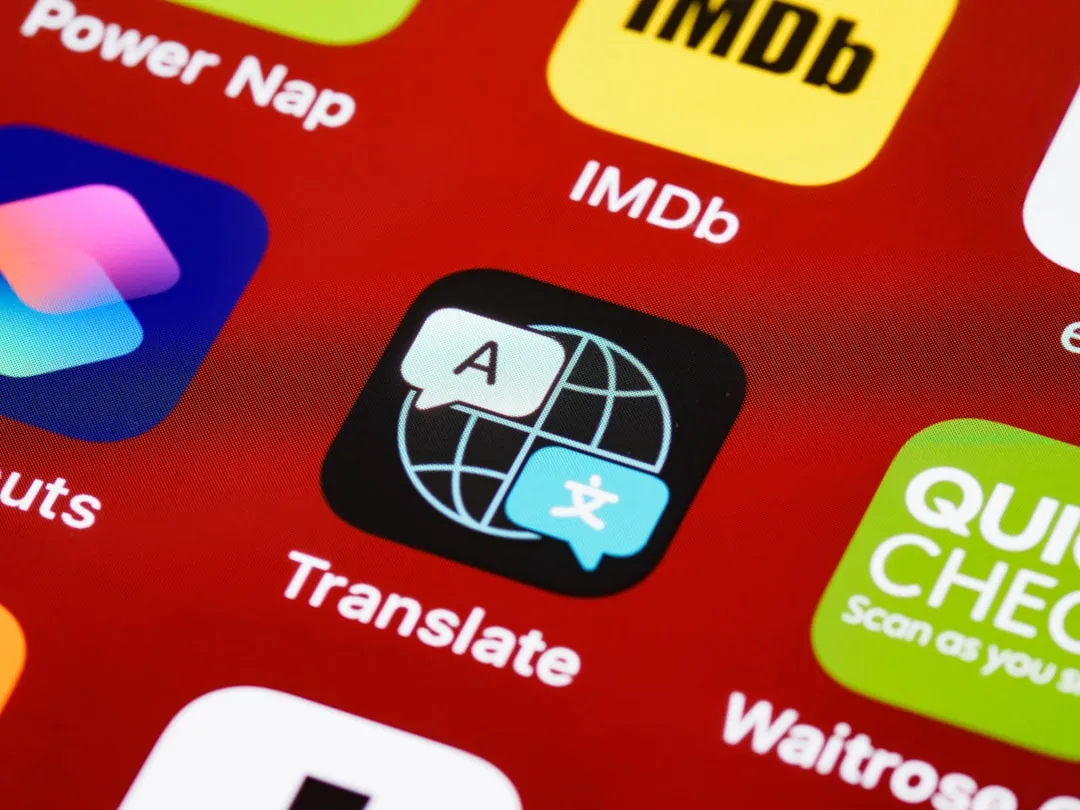



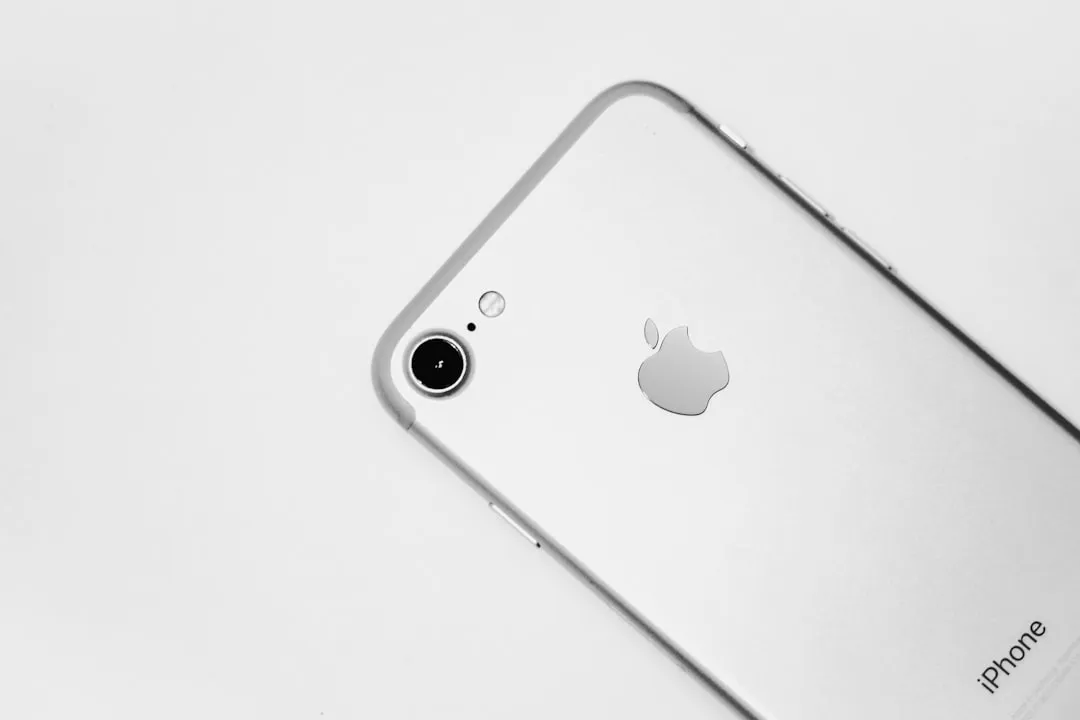
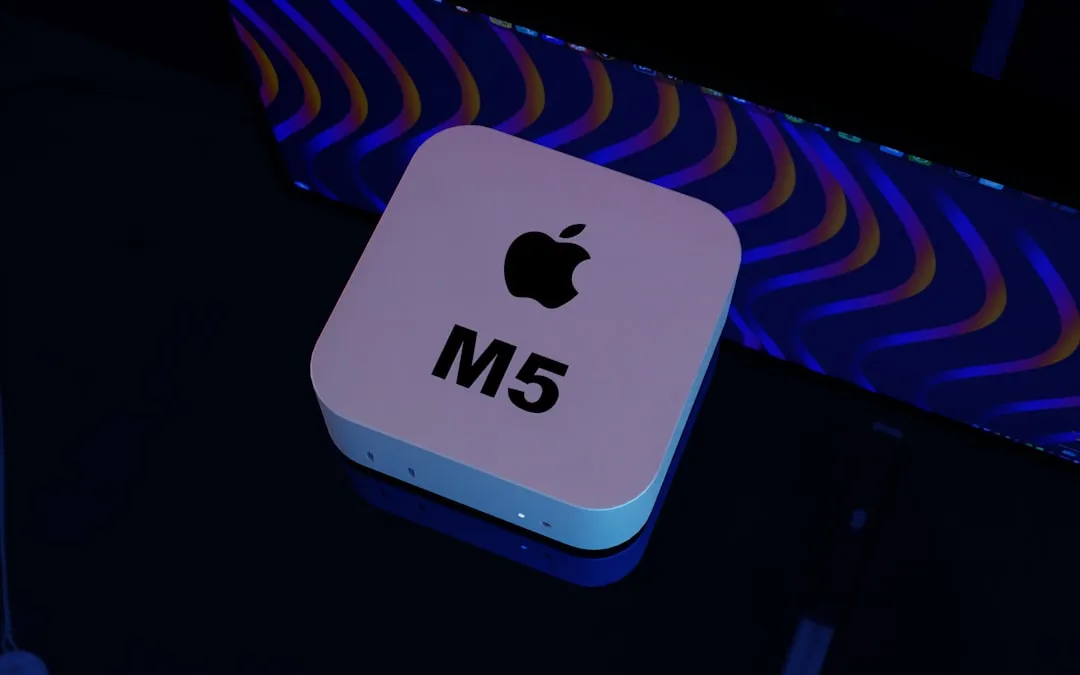


Comments
Be the first, drop a comment!